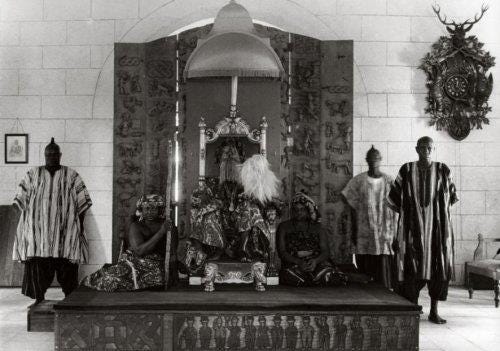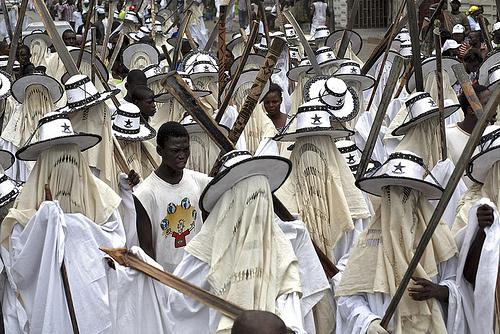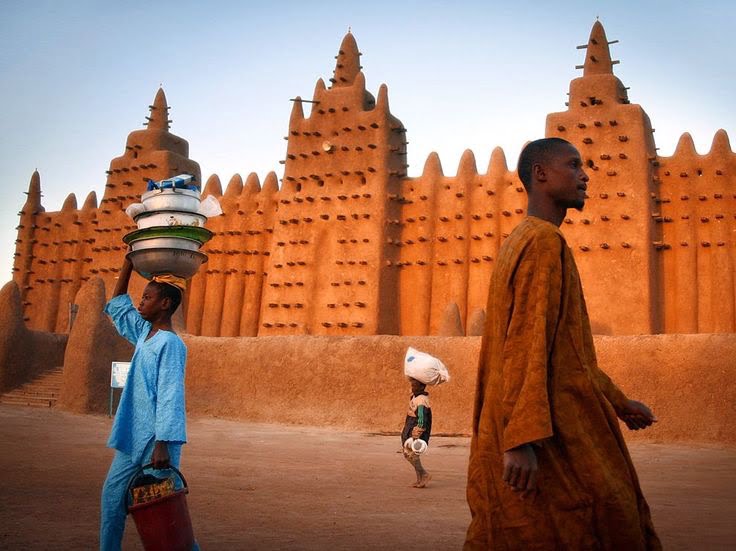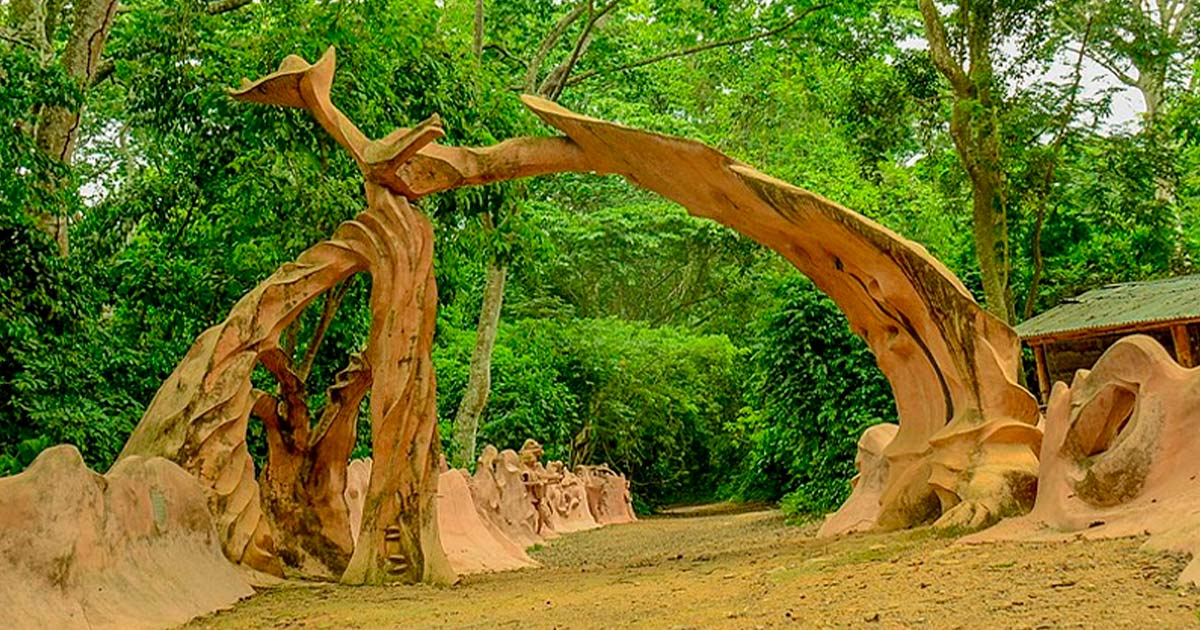Planning to travel to Nigeria? a land of diverse cultures, vibrant cities, and breathtaking landscapes. Whether you’re here for business, pleasure, or an adventure, navigating this dynamic country can be a rewarding experience. This guide will equip you with all the essential information you need to make your stay in Nigeria safe, comfortable, and enjoyable.

Photo Credit: Gideon Hezekiah
Everything You Need to Know Before Traveling to Nigeria
Before you embark on your journey to Nigeria, there are a few important things to keep in mind. Ensure your passport is valid for at least six months from your planned entry date. Most visitors will require a visa, which should be obtained from a Nigerian embassy or consulate before arrival. It’s also wise to get vaccinated against common illnesses like yellow fever, and consult your doctor about other recommended vaccinations and medications, such as anti-malarial tablets.
What Language is Spoken in Nigeria?
Nigeria is a multilingual country with over 500 languages spoken. However, the official language is English, which is widely used in business, government, and education. In addition to English, three major languages dominate Hausa in the north, Yoruba in the southwest, and Igbo in the southeast. Learning a few phrases in these local languages can go a long way in connecting with people.
What are Some Essential Phrases to Know?
Here are a few handy phrases in English, Hausa, Yoruba, and Igbo:
- English:
- Hello: Hello
- Thank you: Thank you
- Please: Please
- Hausa:
- Hello: Sannu
- Thank you: Na gode
- Please: Don Allah
- Yoruba:
- Hello: Bawo ni
- Thank you: E se
- Please: E jo
- Igbo:
- Hello: Ndewo
- Thank you: Daalụ
- Please: Biko
Nigerian Etiquette Rules to Look Out For
Nigerians are known for their hospitality, but it’s important to respect local customs and traditions. Here are some etiquette tips:
- Greetings: Always greet people politely. A handshake is common, often with an added hug among friends. Use titles and last names until invited to use first names.
- Respect for Elders: Show respect to elders by greeting them first and using appropriate titles.
- Dress Modestly: Dress conservatively, especially in rural areas and places of worship.
- Gift Giving: If invited to someone’s home, it’s courteous to bring a small gift, like fruit or chocolates.

Photo Credit: David Ilobah
What is the Weather Like?
Nigeria has a tropical climate with two main seasons: the rainy season (April to October) and the dry season (November to March). Coastal areas tend to be hot and humid, while the northern regions are hotter and drier. Temperatures can range from 25°C (77°F) to 35°C (95°F) throughout the year, so pack accordingly.
What Currency Does Nigeria Use?
The official currency of Nigeria is the Nigerian Naira (NGN). It’s a good idea to familiarize yourself with the denominations and exchange rates before you arrive. ATMs are widely available in urban areas, and you can exchange foreign currency at banks and authorized exchange bureaus(bureau de Change).
What Are the Prices in Nigeria Like?
Prices in Nigeria can vary widely depending on the city and type of establishment. In general, urban areas like Lagos and Abuja tend to be more expensive than rural areas. Here’s a rough idea of costs:
- Meals: A meal at a local restaurant can cost around ₦500 to ₦2,000, while dining at a mid-range restaurant may range from ₦3,000 to ₦7,000.
- Transportation: Short taxi rides cost around ₦500 to ₦1,500. Longer trips can cost more.
- Accommodation: Budget hotels range from ₦5,000 to ₦15,000 per night, while mid-range hotels can cost between ₦20,000 and ₦50,000.
Cash or Card?
Cash is king in Nigeria, especially in smaller towns and markets. While credit and debit cards are accepted in many hotels, restaurants, and larger stores in urban areas, it’s wise to carry some cash for smaller transactions and in case of emergencies. ATMs are widely available, but ensure your card can be used internationally and inform your bank of your travel plans.
Do People Tip Waiters in Nigeria?
Tipping is appreciated but not mandatory in Nigeria. In restaurants, a tip of 5-10% of the bill is considered generous. For other services like taxi rides or hotel staff, small tips of ₦200 to ₦500 are common.
Emergency Services
In case of an emergency, it’s important to know the local contact numbers:
- Police: 112 or 199
- Fire Service: 112 or 199
- Ambulance: 112 or 199
Always have these numbers handy, and familiarize yourself with the locations of nearby hospitals and clinics.
What Adaptor Plug is Needed for Nigeria?
Nigeria uses Type D and Type G electrical outlets. The standard voltage is 230V, and the frequency is 50Hz. If your devices use a different plug type or voltage, you will need a suitable adaptor and possibly a voltage converter.
Ready for Take-off
Now that you’re armed with this Nigeria survival guide, you’re ready to embark on your adventure. Remember to stay open-minded, embrace the vibrant culture, and enjoy the rich experiences that Nigeria has to offer. Safe travels!










